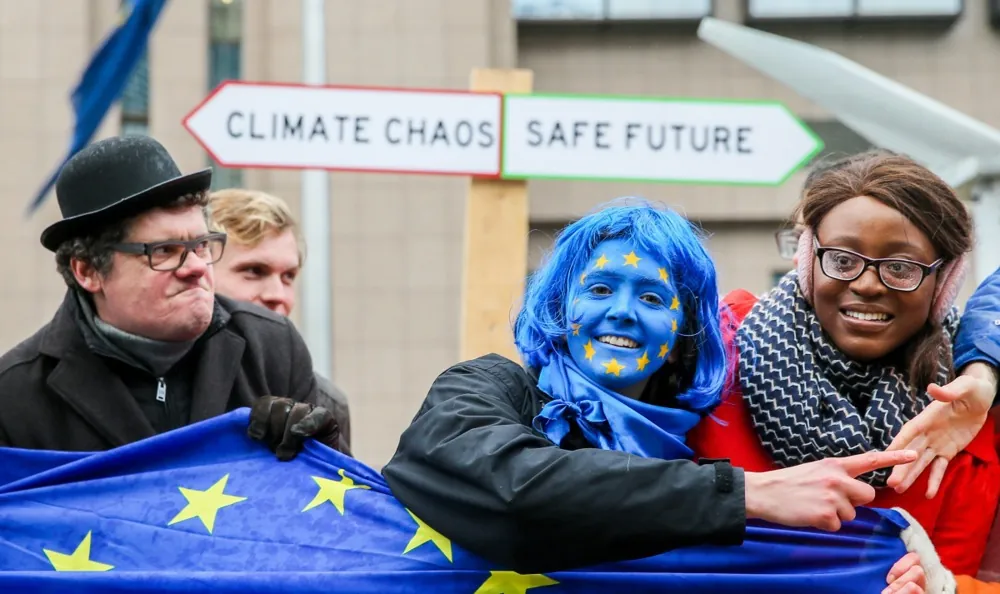An investigation by the German newspaper Welt am Sonntag has revealed allegedly controversial practices by the European Commission, which has funded non-governmental organisations (NGOs) through the LIFE programme to carry out lobbying campaigns and legal actions in support of the EU climate policy.
Among other things, secret documents disclosed in 2022 show that the Commission defined its expectations in detail – from writing lobby letters and creating social media posts, to meetings with Members of the European Parliament, with individual NGOs receiving up to 700,000 euros for it.
The European Commission, through the LIFE programme, spends around 15 million euros a year on the operational costs of environmental NGOs such as Friends of the Earth Europe, REScoop.eu and ClientEarth, to promote climate action. The aforementioned newspaper revealed that these funds have been used for targeted lobbying campaigns, including lawsuits against German coal-fired power plants and campaigns to convince the public of the correctness of EU climate policy.
In addition to funding and collusion, Christian Social Union (CSU) MP Monika Hohlmeier warned that NGOs were being used for “subversive campaigns” against opponents of the European Union’s climate agenda, which in turn threatens legislative independence. The credibility of the case was further undermined by a warning from the European Court of Auditors in April 2025, which pointed to unreliable monitoring of the use of funds for climate action, further undermining trust.
Controversial EU funding for the media
It should also be noted that this is not the first time that information has come to light about EU funding being used to influence the public. Not so long ago, the Italian newspaper Il Fatto Quotidiano revealed that Brussels had distributed around 132 million euros to pro-EU media outlets to promote Brussels policies and certain candidates ahead of the 2024 elections to the European Parliament, as we have previously reported.
Revelations echoed on the social media platform X and in reports, such as the 2023 report by the Dutch newspaper NRC Handelsblad, which show that the European Commission, through various programmes, has funded media houses and journalistic projects to promote its policies, including on climate and migration issues. For example, funding was given for content supporting the European Green Deal, often without clearly disclosing that these were sponsored contributions.
T. B.


